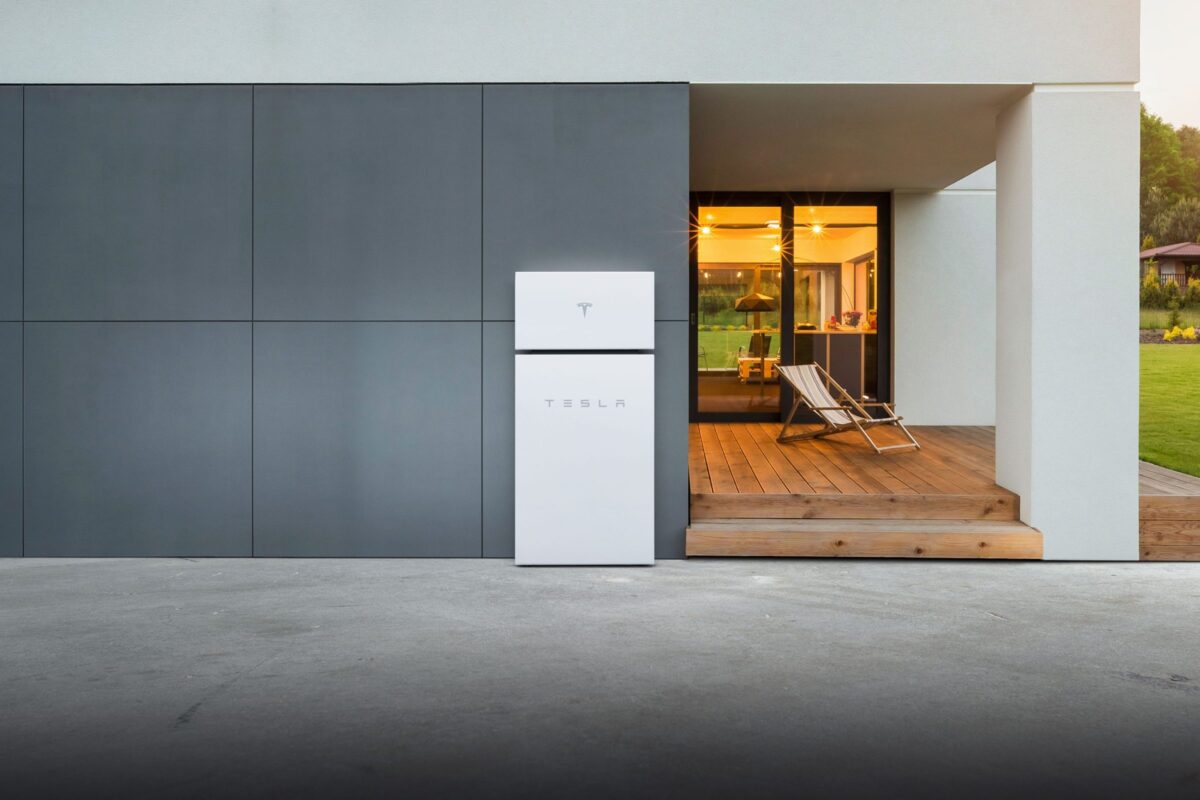By Erica Mackie
 In mid-June, two workers at Vivint Solar’s Natomas, California warehouse filed suit for race-based harassment, claiming a “toxic, hostile, racist work environment” that included the construction of a cardboard “whites only” fort inside the office. The lawsuit prompted an apology from Vivint, but articles about the case in the Sacramento Bee and the Hill got only a handful of shares and generated almost no commentary. It took nearly two weeks for the story to make its way to my inbox at GRID.
In mid-June, two workers at Vivint Solar’s Natomas, California warehouse filed suit for race-based harassment, claiming a “toxic, hostile, racist work environment” that included the construction of a cardboard “whites only” fort inside the office. The lawsuit prompted an apology from Vivint, but articles about the case in the Sacramento Bee and the Hill got only a handful of shares and generated almost no commentary. It took nearly two weeks for the story to make its way to my inbox at GRID.
In the years since the uproar about women dancing in cages at Intersolar 2013, the solar industry has done a lot to start addressing issues around gender and racial diversity in hiring. Some larger solar companies have hired diversity recruiters who focus on both hiring and advancement opportunities for women and people of color. Workforce diversity has been a frequent topic of discussion at trade shows and on industry-facing webinars and articles.
These efforts have generated modest improvement in workforce demographics, and are important steps forward, but they don’t necessarily address the day-to-day working conditions on job sites and in offices. In 2017, the Solar Foundation for the first time conducted a Solar Industry Diversity study to look at employment, advancement, pay and job satisfaction across race and gender lines. What they found were significant gaps between white men and all other groups across all factors. And nowhere is the gap larger than between African Americans and whites. Forty-two percent of African Americans reported being “not at all satisfied” with their wage and position, and half felt like they had not advanced and were stuck in their careers, compared with just six percent for whites for both questions. While wage and position dissatisfaction can’t be directly equated with harassment or poor working environments, the numbers tell us a lot about the experience people of color are having with jobs in our industry.
What they tell us is that what went on in Natomas and other incidents like it is about more than a handful of bad actors, or a lack of good policies; it’s a symptom of structural racism inside and outside the solar industry that affects all of us, and that we have a collective and individual responsibility to address. A few years ago, as part of an equity, diversity and inclusion initiative, GRID started looking inward at our own employment practices and organizational culture. We investigated and addressed gender inequities on our job sites; provided communication and allyship training to our construction staff; did equity training with all our employees; and hired a recruiter to increase the diversity of our candidate pools. All of these things resulted in positive change, but it was just a start. When we surveyed our staff last year, we found that people of color in our organization were having significantly different experiences of their workplace from their white peers. Three years in, and we still have a lot of work to do.
The allegations at Vivint are an opportunity for all of us engage more deeply in conversations and actions that drive our companies and industry to be not just more diverse but more equitable, inclusive and just. Succeeding in this effort will make us stronger as businesses, as and industry and as a country. But it will take a lot of intention and commitment to real change to our infrastructures and to our workplace and job site cultures. Talking deeply and openly about racial injustice and structural oppression–and recognizing our own roles in it–will be a good first step.
Erica Mackie is the co-founder and CEO of GRID Alternatives
The views and opinions expressed in this article are the author’s own, and do not necessarily reflect those held by pv magazine.
This content is protected by copyright and may not be reused. If you want to cooperate with us and would like to reuse some of our content, please contact: editors@pv-magazine.com.








By submitting this form you agree to pv magazine using your data for the purposes of publishing your comment.
Your personal data will only be disclosed or otherwise transmitted to third parties for the purposes of spam filtering or if this is necessary for technical maintenance of the website. Any other transfer to third parties will not take place unless this is justified on the basis of applicable data protection regulations or if pv magazine is legally obliged to do so.
You may revoke this consent at any time with effect for the future, in which case your personal data will be deleted immediately. Otherwise, your data will be deleted if pv magazine has processed your request or the purpose of data storage is fulfilled.
Further information on data privacy can be found in our Data Protection Policy.